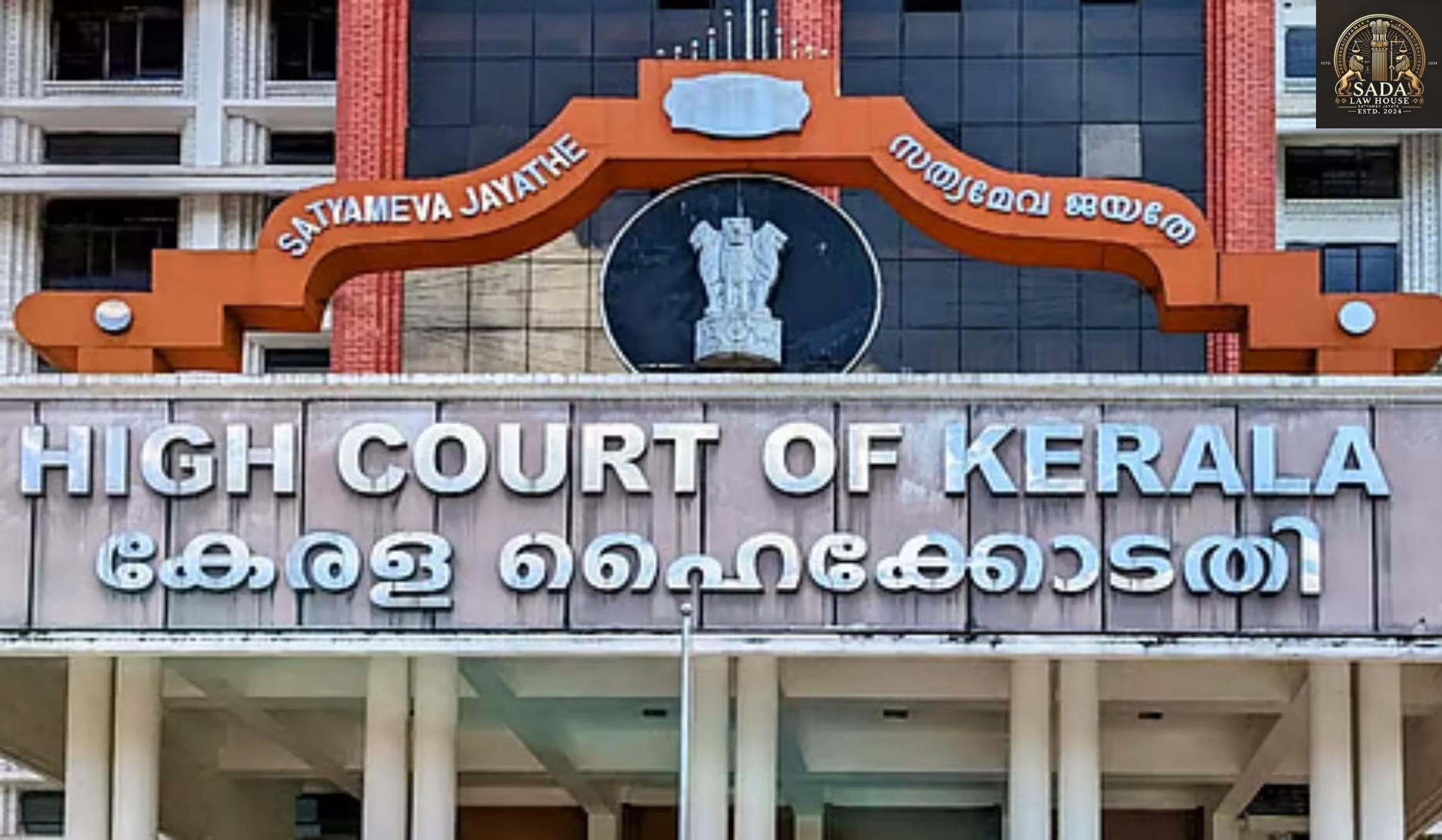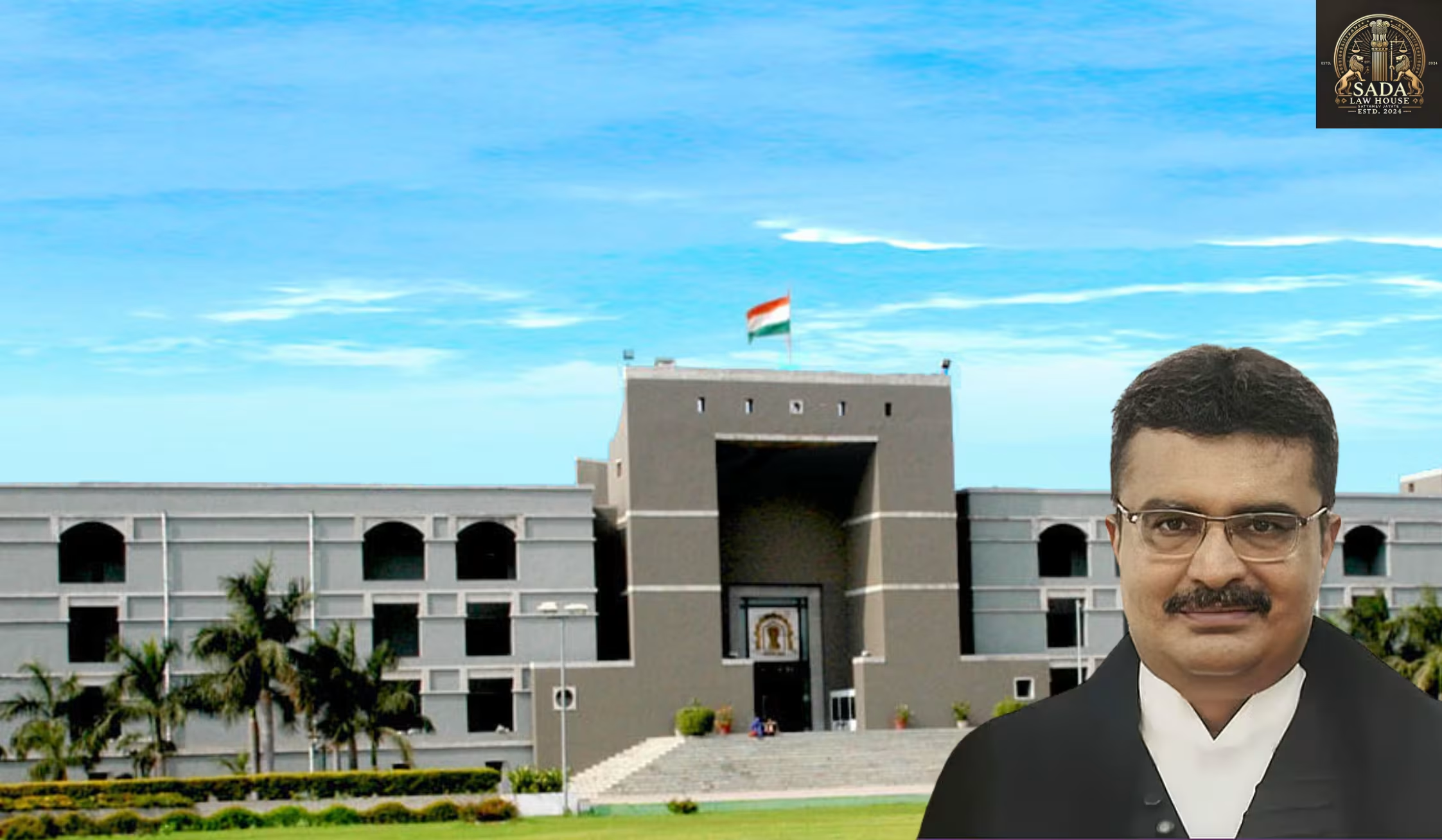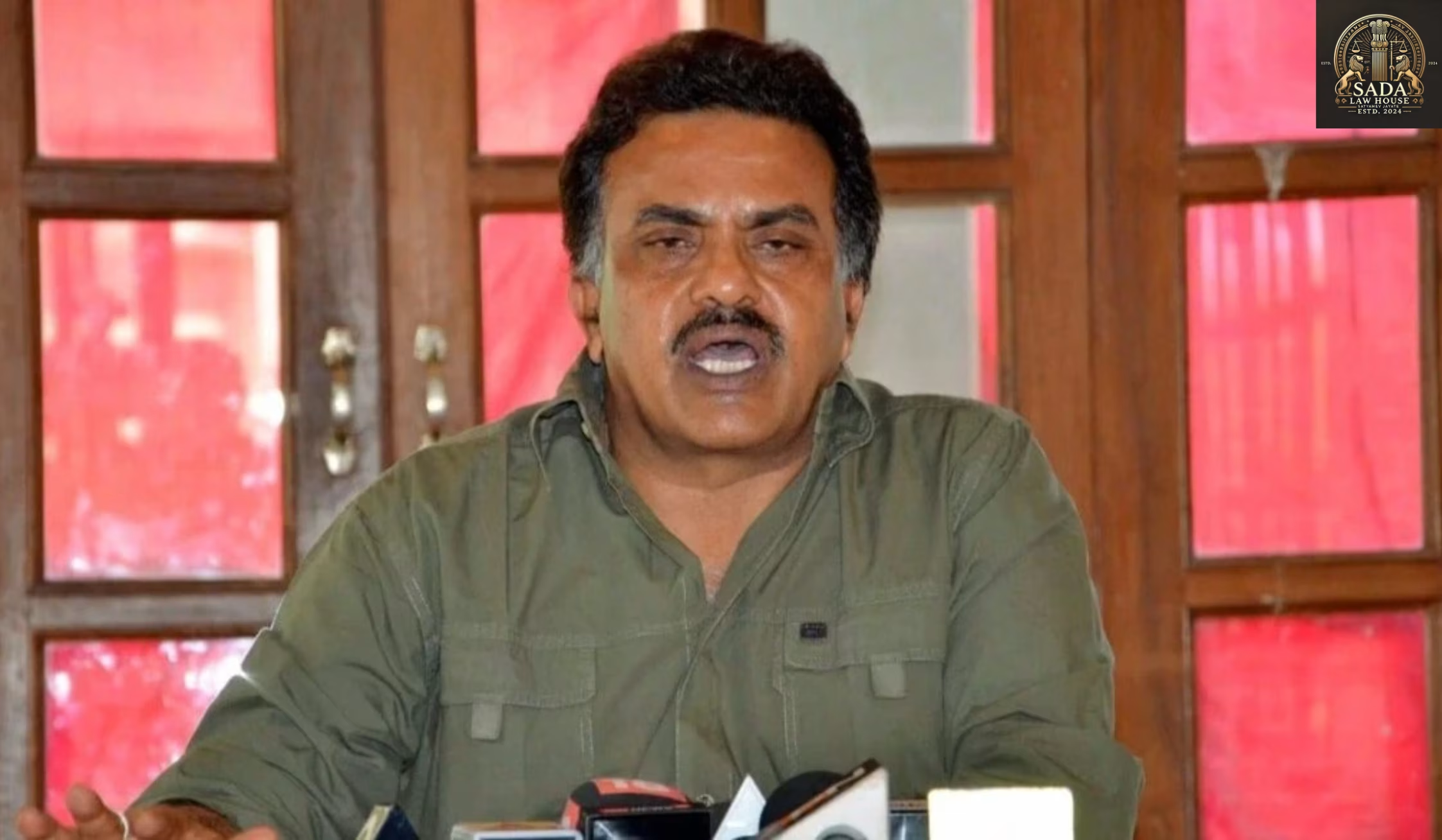Bombay High Court Quashes Non-Bailable Warrant Against Actor Arjun Rampal in Tax Evasion Case
- PRABAHAT KUMAR BILTORIA
- 22 May 2025

The Bombay High Court has revoked a non-bailable warrant against Bollywood actor Arjun Rampal in a 2019 tax evasion case under Section 276C(2) of the Income Tax Act, 1961. Read on to learn the details of the court’s ruling and its implications.
Bombay High Court Quashes Non-Bailable Warrant Against Arjun Rampal
In a significant legal update, the Bombay High Court has overturned a non-bailable warrant issued against Arjun Rampal, a prominent Bollywood actor known for his roles in movies such as Om Shanti Om and Don. The case pertains to alleged tax evasion dating back to 2019.
Background: Tax Evasion Charges Under Section 276C(2)
Rampal is being prosecuted under Section 276C(2) of the Income Tax Act, 1961, which deals with the willful attempt to evade tax payment. The provision carries a maximum penalty of up to three years of imprisonment for offenders.
Court Ruling: Warrant Deemed Unjustified
On May 16, 2025, Justice Advait M. Sethna, presiding as vacation judge, set aside the warrant issued by the Additional Chief Metropolitan Magistrate of the 38th Court at Ballard Pier, Mumbai.
According to the High Court, the April 9, 2025, order was issued in a case involving a bailable offense and lacked a proper application of judicial discretion. Justice Sethna labeled the order as “cryptic,” “contrary to law,” and an example of a mechanical approach in judicial decision-making.
Legal Proceedings and Observations
Despite Rampal’s attorney filing a vakalatnama and an exemption plea from personal appearance, the Magistrate still issued a non-bailable warrant. The High Court criticized this action, stating that no justification was provided in the original order.
The judgment emphasized that such an approach could unfairly prejudice the accused, especially when the alleged offense is bailable in nature. The Court highlighted the lack of mental application and described the decision as a “mysterious order.”
Outcome and Future Course
While the Income Tax Department initially sought time to respond, it ultimately did not object to the limited relief sought by Rampal. As a result, the Bombay High Court quashed the April 9 order.
However, it clarified that the proceedings on merit will continue as per due process of law, ensuring that the judicial process remains intact and unbiased.
Live Cases






